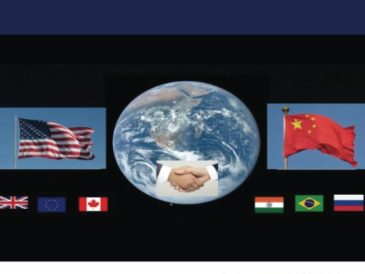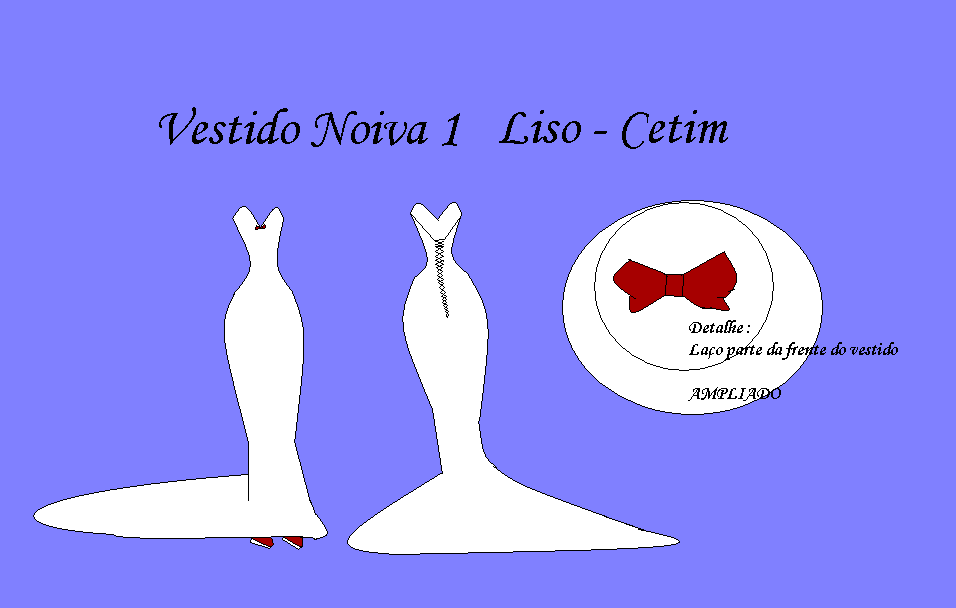Image: Pixabay
Lucas Leiroz is a dynamic Brazilian journalist and geopolitical analyst, currently immersed in the world of geopolitical analysis. With a keen focus on the intriguing dynamics between the European Union and Brazil in international relations, we engaged in a captivating conversation with Mr. Leiroz, exploring the most interesting facets of this relationship.

Stable Partnership
Brazil has been guided by some of the same values as the EU, says Mr. Leiroz emphasizing that the EU is the country’s second-largest trading partner…
TEI: Over the past half-century, how have Brazil’s relations with the EU evolved? What standout changes do you find most intriguing?
Mr. Leiroz: Brazil-EU relations have been very stable since the beginning. Of course, there have been some specific problems with a few states throughout history, which is absolutely normal, but we can say that the EU as a bloc has been a stable partner for Brazil – especially during the ongoing period of the so-called “Sixth Republic” that began in the 1990s, after the end of the Military Regime. Indeed, our closest ties began with a cooperation agreement in the early 1990s, which established the elementary guidelines for these economic and diplomatic relations. In President Lula’s first term, an important event for this cooperation took place, which was the 1st EU-Brazil Summit. At the time, Portugal was leading the bloc, so there was a big progress in Portuguese-speaking cooperation which was “expanded” to the entire Europe. So, stability is the word to classify our relations, however, more recently there have been some problems, mainly due to incompatible agendas, as we’ll see later.
TEI: In your view, what constitutes the strongest aspect of Brazil’s diplomatic relations with the EU during this period?
Mr. Leiroz: Facilitating the diplomatic factor, there is the economic point. In recent decades, we have become exporters of food and agricultural products to Europe. We have a very strong agribusiness and Europeans do not have much arable land and depend on imports. We sell all kinds of agricultural products to Europe and, in exchange, we import high technology, chemical products, and iron and steel articles, which is a consequence of the Sixth Republic’s political choice to maintain an agrarian economy and a process of deindustrialization in Brazil. This all made the EU our second-largest trading partner, which shows the importance of diplomatic stability. On the other hand, we have to emphasize that in this same period of the “Sixth Republic” Brazil has been guided by some of the same values as the EU, with a commitment to the liberal and Western concept of democracy and regional integration. So, there is also an axiological and political factor contributing to diplomacy.
Challenges
TEI: Conversely, what would you identify as the most challenging or vulnerable aspect in Brazil’s relations with the EU?
Mr. Leiroz: The EU’s environmentalist and “woke” agenda became a problem for Brazil, particularly during the administration of Jair Bolsonaro, who was closely linked to Brazilian farmers, in addition to being a conservative president. Tensions have been particularly strong with France, which is a country bordering Brazil in the Amazon region because of French Guiana. In 2020, our military even considered France as our number 1 threat in a risk report. Lula returned to the presidency precisely as a conciliator of relations with Europe. The EU has been an important point in Lula’s foreign policy – not by chance, he has said several times that the priority for Mercosur currently is to negotiate an agreement with the EU and not with China (something I personally completely disagree with). But even so, we have been under a lot of pressure from Europe because they demand a kind of “total alignment” from us. For example, Germany imposed some sanctions on Brazil in the military sector because we refused to join the boycott against Russia. So, I think that the biggest challenge for our relations is the attempt by some European leaders to make Brazil fully integrated into the so-called “Collective West”. The EU needs to understand that we have our own interests.
External Factors
Talking about diverse external factors that influence EU-Brazil relations, Mr. Leiroz also gives his insight into the term “Collective West.”
TEI: Can you shed light on the extent of third-party influences shaping EU-Brazil relations? How significant has this external influence been?
Mr. Leiroz: The USA is certainly the third side that influences the most. And I personally think this is very negative. Washington has a leading political, diplomatic, military, and economic position in the so-called Collective West, so it intends to monitor the way in which the countries within its umbrella relate to each other. Since the White House has always seen us as a “backyard”, this monitoring of our ties tends to be particularly abusive on some occasions. This American role has not always caused so many problems, but recently the world is becoming more tense due to geopolitical transitions, so many negative effects can arise. For example, today we see European leaders demanding an active stance from Brazil against Russia, which is certainly a direct result of American influence. I believe that with less American intervention, both Brazil and Europe would have a lot to gain.
Historical Legacy
Mr. Leiroz sees Brazil-EU ties as very positive because there is a stable and solid commercial partnership. He sees the problem in the belief that both parties must have some type of ideological and political connection.
TEI: Considering the historical backdrop, what sort of legacy has it left on Brazil’s relations with the EU? Do you perceive this legacy as an asset or a hindrance in the contemporary context?
Mr. Leiroz: We currently have problems because of the factors mentioned above. So, in a broad sense, I would say that the legacy of the Brazil-EU ties is very positive because we built a solid and stable commercial partnership, but I think there is a problem in the belief that we must have some type of ideological and political connection. The EU must think of Brazil as an external partner and do business with us in the same way it does with China, for example. We have European origins and have always been very integrated with Europe, but Brazil is definitely not a European country and should not guide its foreign policy in a coordinated way with the EU. So, I would say that we have two legacies, one economic and positive, and another political and negative.
TEI: Looking ahead, do you believe that history will exert an impact on the future relations between the EU and Brazil? If so, do you anticipate this influence to be positive or negative, and why?
Mr. Leiroz: I believe that our relations will depend a lot on how geopolitics will change. I believe that we are seeing the creation of a multipolar world, with the coexistence of different poles, which tends to increase multilateralism and decrease interventionism. It will not be easy to reach this multipolar world, as can be seen in the current wars and tensions, but this will certainly become a reality soon. In this world, I hope to see the EU as a sovereign bloc and less influenced by American foreign policy. And I hope the same for Brazil, which I see as a kind of South American regional leader. So, if the EU manages to overcome its current situation of automatic alignment with the USA and if Brazil manages to rise as a regional power, they will have a lot to gain together in the multipolar order. But if they fail in these challenges, perhaps the future will not be so bright. Brazil and the EU need to relate to each other as two different poles, absolutely sovereign, with their own independent political agendas, whose ties are based on common interests and pragmatism only.
Editor’s Note: The views and opinions expressed in this interview are solely those of the interviewee and do not necessarily reflect the official stance of the interviewer or The European Intelligencer. Our platform values diverse perspectives and encourages open dialogue on various topics. Any discrepancies with our editorial position are unintentional, and we remain committed to presenting a balanced and inclusive range of viewpoints.





